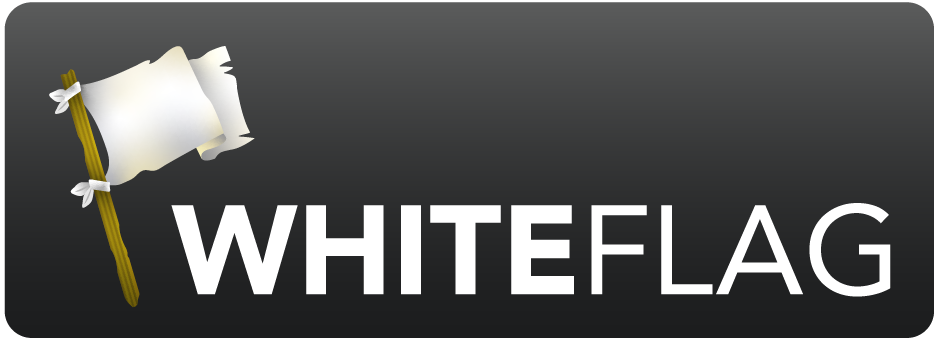
WhiteFlag App
Mental illness doesn’t pick and choose who it affects. It can come for anyone at any time regardless of fault.
DENVER (PRWEB)
January 31, 2022
Hayden Hurst, former first-round draft pick who most recently played tight end for the Atlanta Falcons, has partnered with the WhiteFlag App, a free and anonymous mental health and addiction peer-support app that launched last year. Hurst, a philanthropist who founded the Hayden Hurst Family Foundation, and the WhiteFlag app are dedicated to helping to end the stigma surrounding depression, anxiety, PTSD, and other mental health and addiction challenges. Similar to Hurst, the founder of the WhiteFlag App, Jonny McCoy, also struggled with mental illness.
McCoy founded WhiteFlag in 2020 after suffering from PTSD, substance use, and a severe anxiety disorder. McCoy, a civil rights attorney and entrepreneur, was falsely arrested in 2009 when he was 26 years old. While in jail, he witnessed another inmate take their own life. Following a suicide attempt of his own years later, McCoy created WhiteFlag. Similarly, Hurst established his Foundation in 2018 after suffering from depression for several years and attempting suicide in 2015.
McCoy shared, “I created what I wished I had when I was struggling so badly with my own mental health. Night after night I would search for other people who had gone through what I was going through. I just needed to know that others had experienced the same trauma, nightmares, feelings, and pain. I felt alone. The WhiteFlag App assures that nobody will ever feel like that again.
“Hayden and I have similar stories. As an attorney, I was at the top of my professional game when I was suffering the most. Mental illness doesn’t pick and choose who it affects. It can come for anyone at any time regardless of fault,” McCoy said.
Hurst also is committed to supporting others, has shared his “Breaking the Stigma” story, and funds programs that provide Social and Emotional (SEL) education to children and adolescents and potentially life-saving mental health tools for U.S. military veterans.
“When you are in a dark spot, you feel like you are alone and that nobody cares. I did anything I could to numb that pain,” Hayden shared. “I got a second chance, so I promised myself I would make the most of this opportunity. I had support of my family and coaches and having that support system during that time was crucial and saved my life. I want to ensure that others who experience what I did know they are not alone.”
Users on the WhiteFlag app can either seek support from the anonymous community or they can give support to someone who is struggling. By simply tapping the “raise WhiteFlag” button, users can ask for support and let others in the community know exactly what they are going through. People who are struggling with PTSD, depression, loneliness, substance use, grief, personality disorders, divorce (to name a few) can access the WhiteFlag app, match with others with similar backgrounds and struggles, and enjoy the comfort of a safe space where others understand your pain and welcome your connection.
The movement is dedicated to:
-
Acceptance – No judgment, just real people helping people in pain. - Connection – You are not alone. Above all else, WhiteFlag seeks to connect people.
- Support – Get help and give help. Immediately. Anonymously. Free.
- Healing – Don’t give up. WhiteFlag is a safe space where it’s okay to not be okay.
About WhiteFlag
WhiteFlag is a mental health app that helps people in need of support find immediate connection with others who have been there too. The company is headquartered in Denver, CO, and the app offers peer-to-peer messaging that instantly and anonymously connects people seeking help with the support they need, 24/7, for free. Users are matched based on shared experiences and challenges. WhiteFlag is an environment of acceptance, connection, and support and is a space where it’s “okay to not be okay.” The app connects users who have self-identified with similar challenges to create connection and understanding based on shared experiences.
Share article on social media or email:

